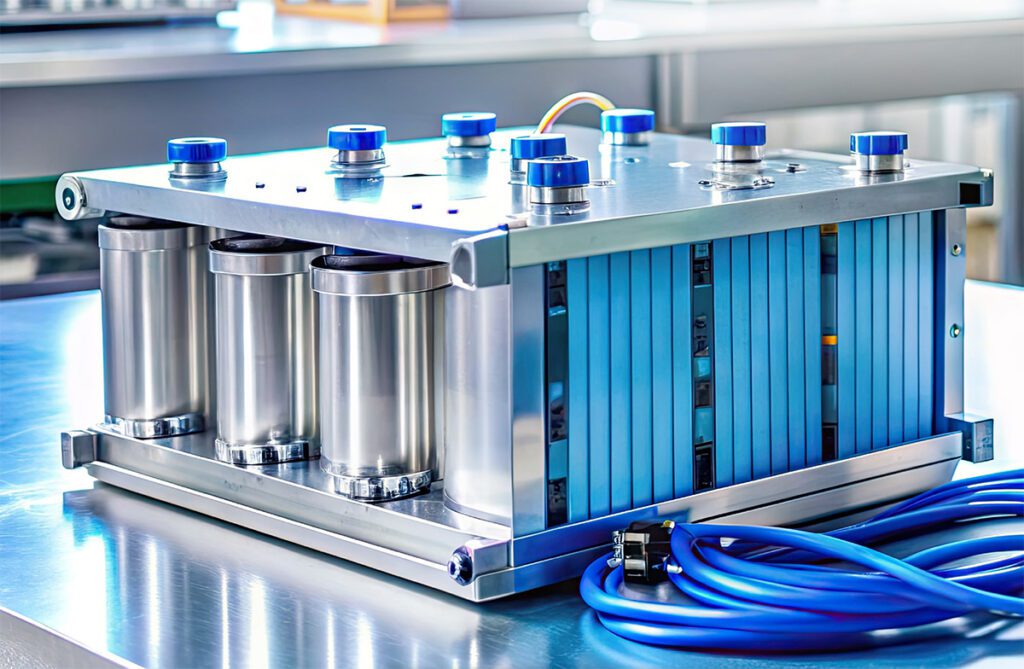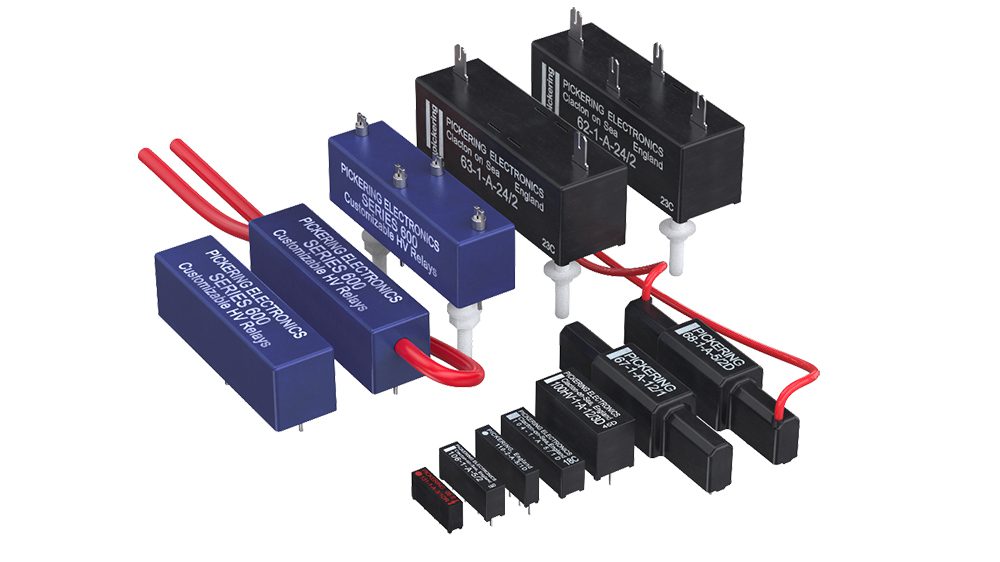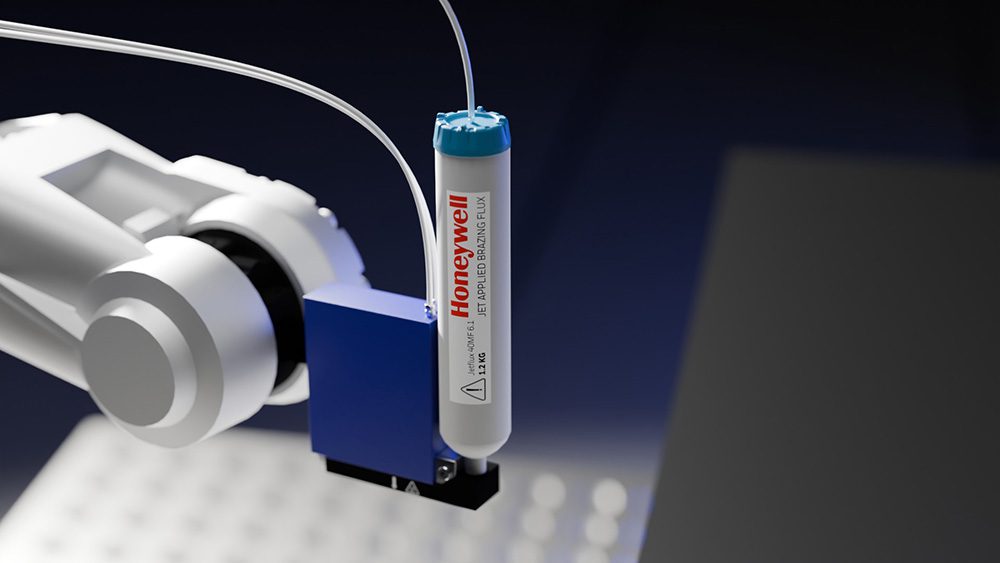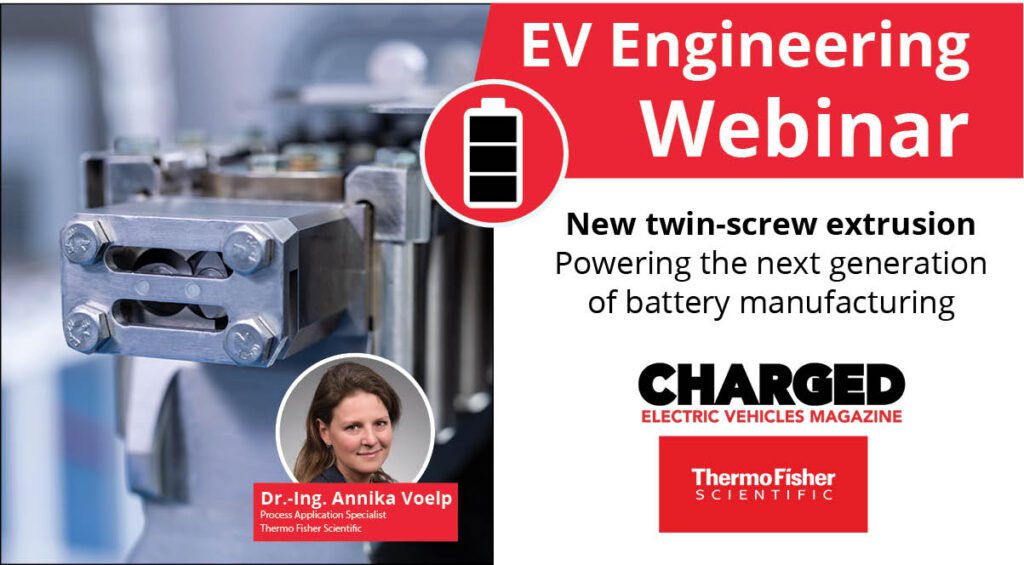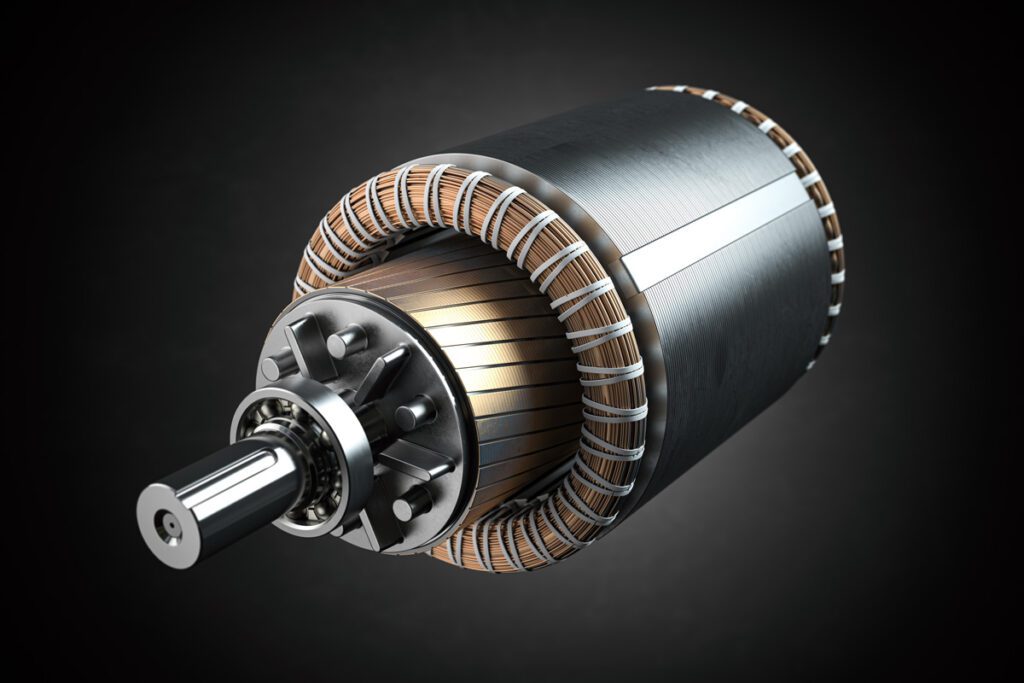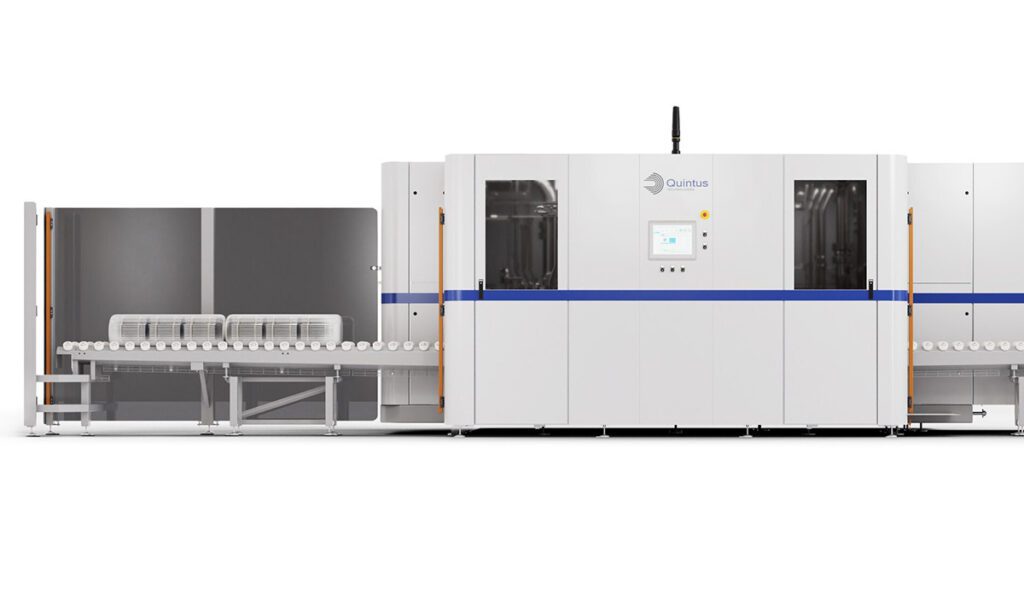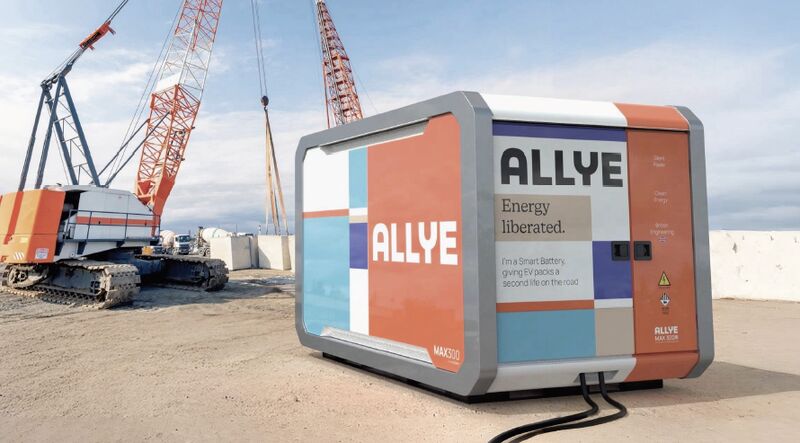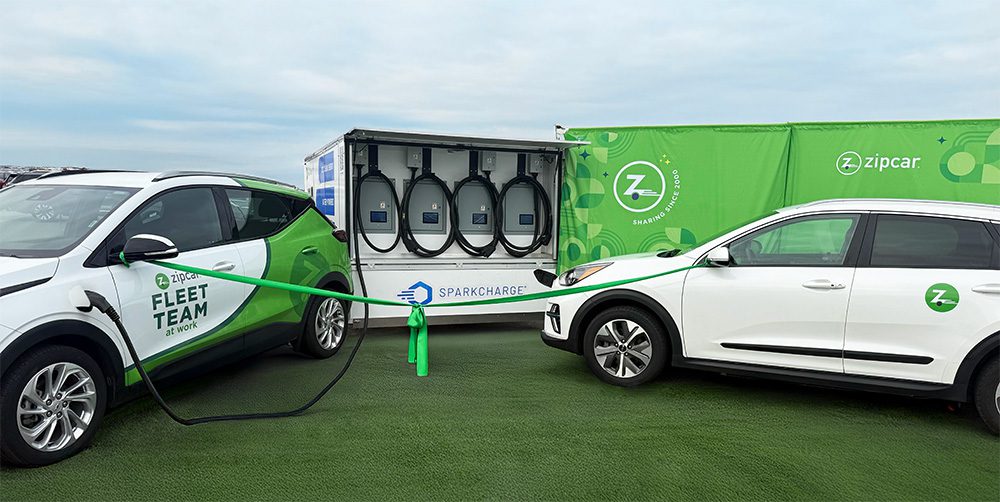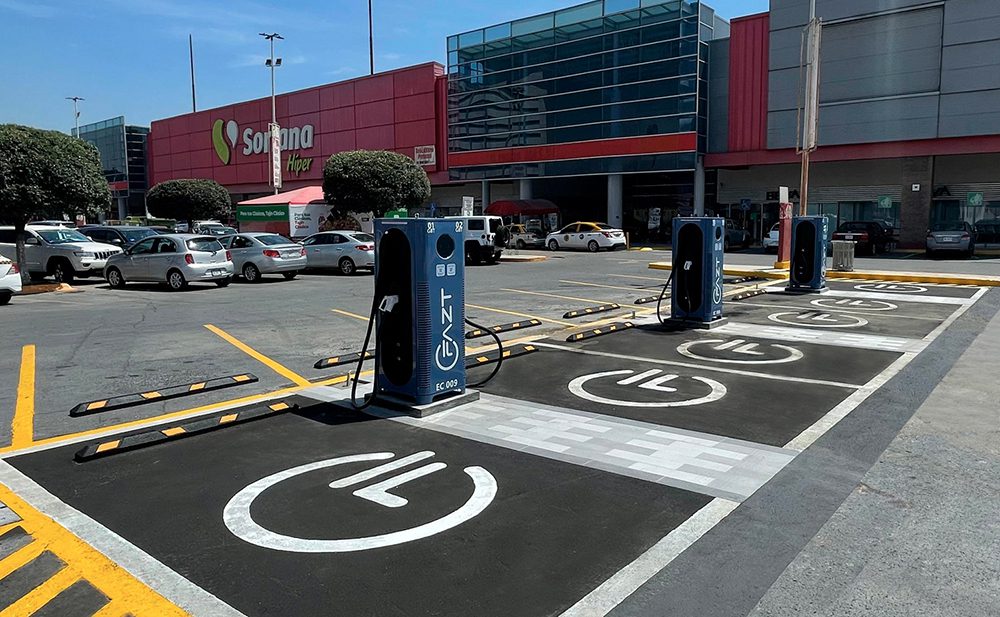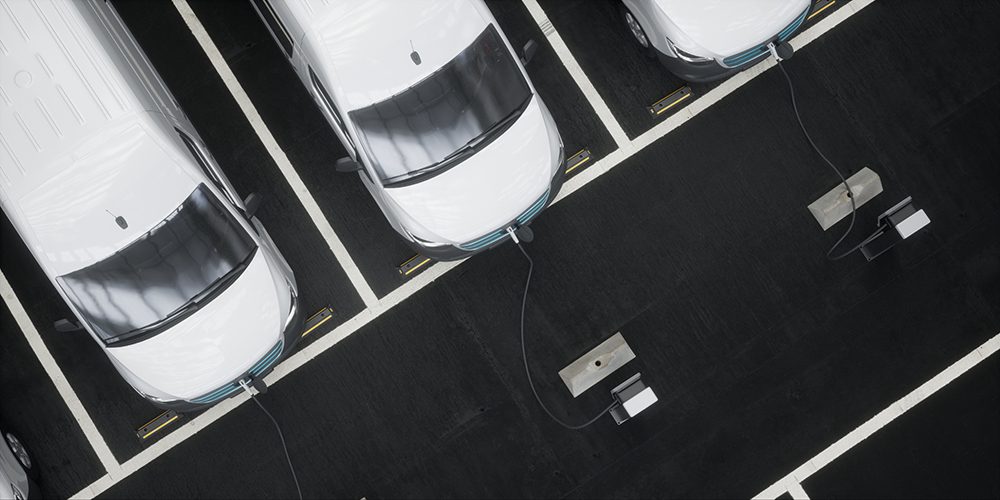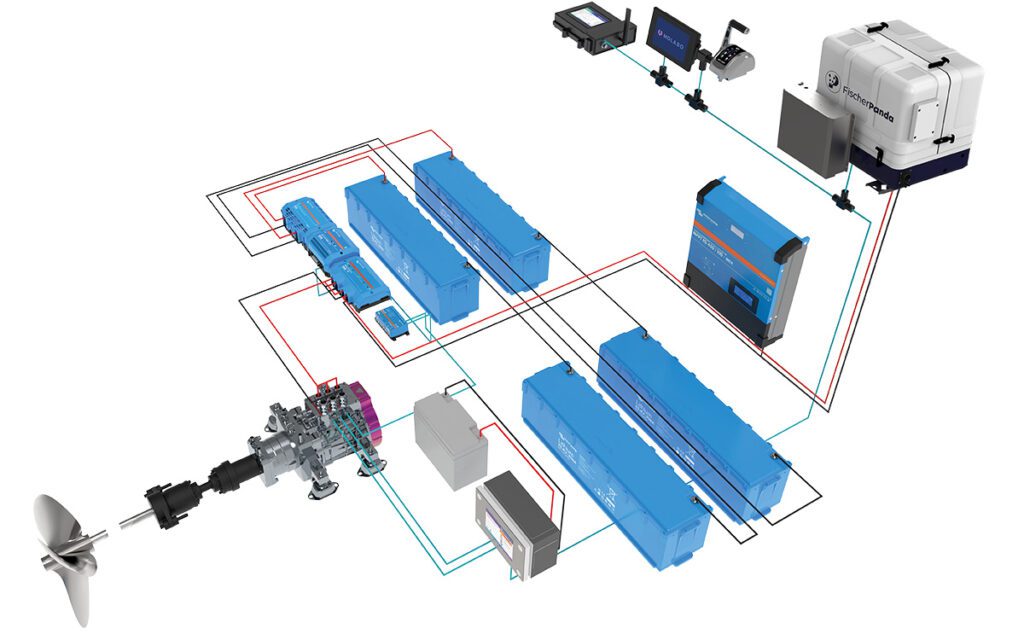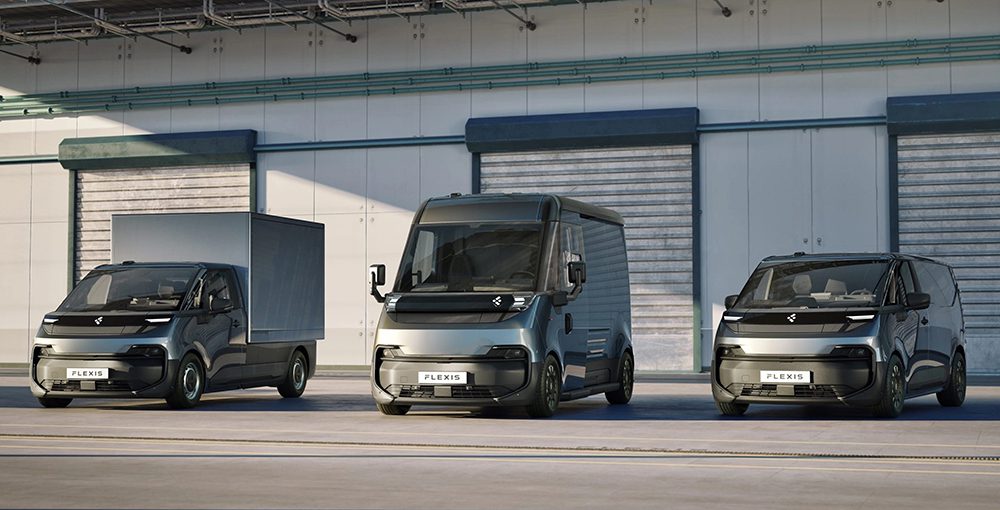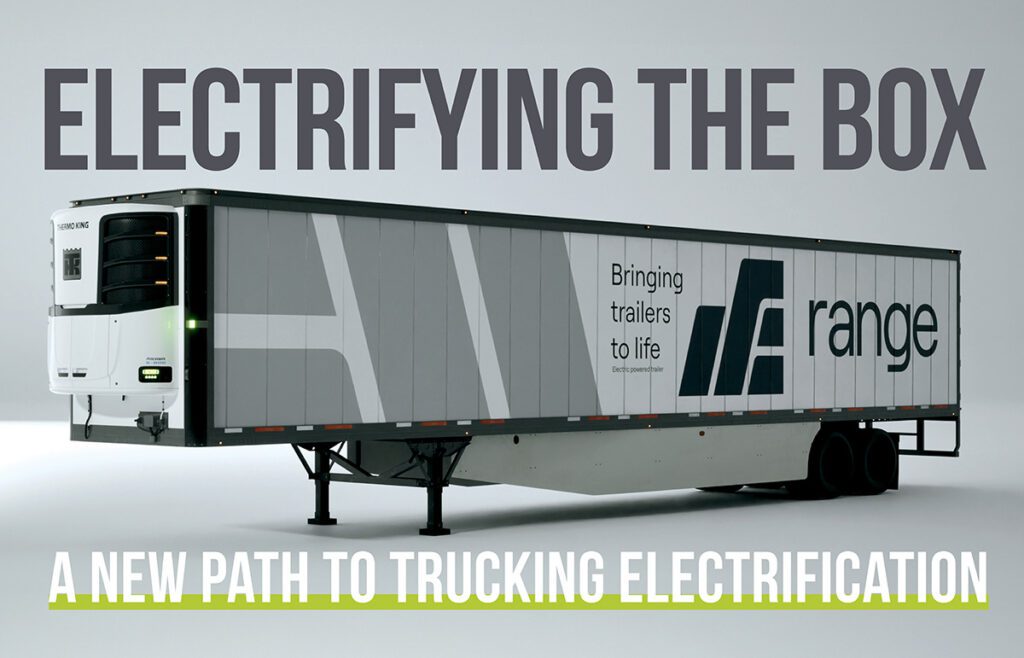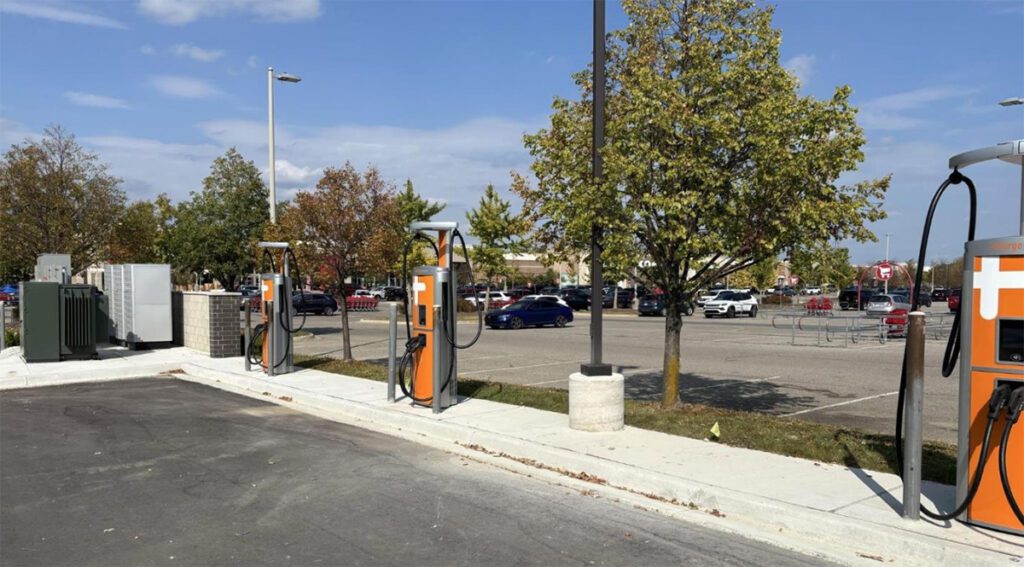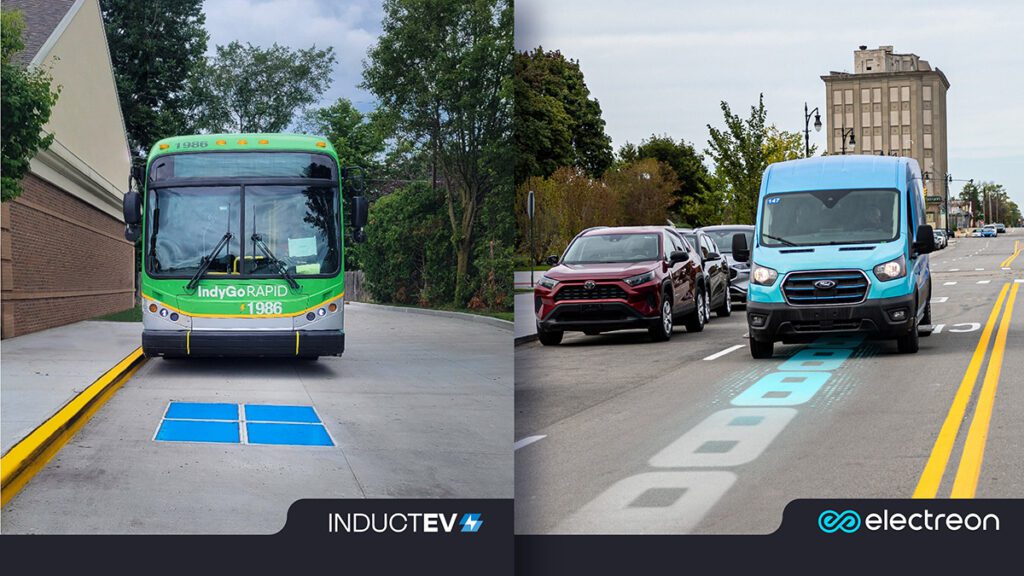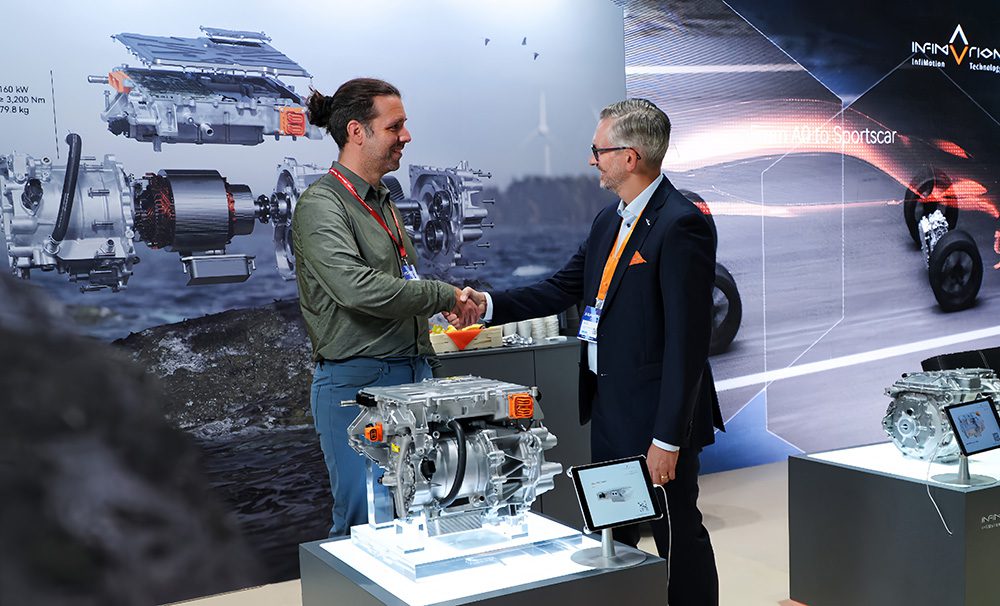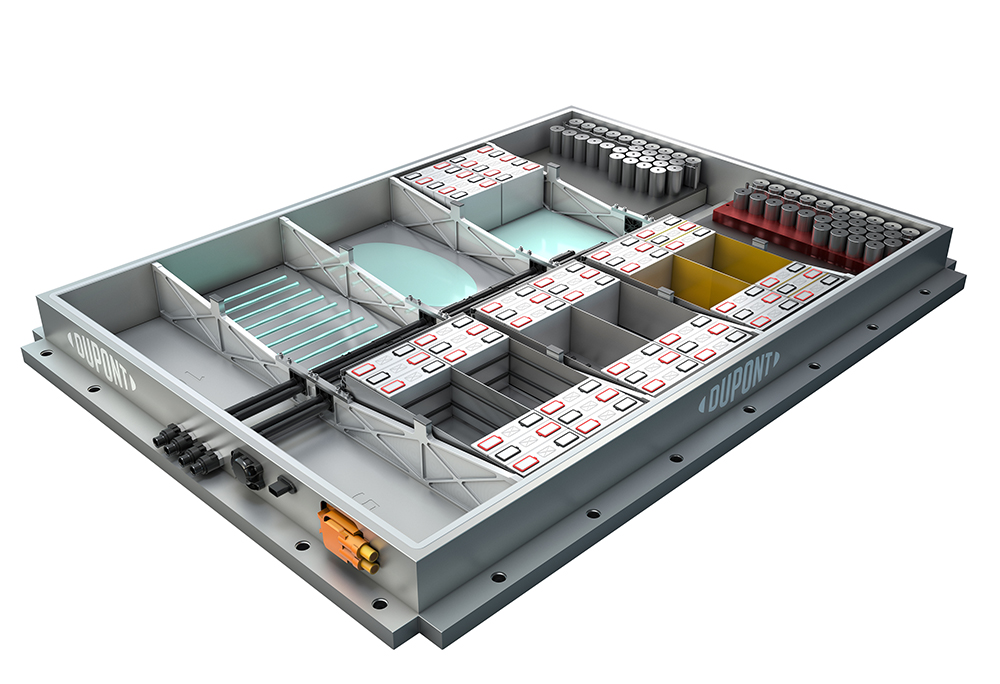
DuPont Supports You from Concept to Commercialization
You have many choices when it comes to suppliers and material selection when considering electric vehicle battery pack assembly and thermal management. DuPont sets itself apart by offering a wide portfolio of solutions along with R&D, application development expertise, in-house capabilities and technical service that will support you from concept to commercialization.
We know what’s important to you:
- Sustainability
- Improved safety
- Enhanced performance
- Faster charging
- Longer range
- Optimized cost
Let’s take a look at these key drivers and what DuPont solutions can do for you.
Sustainability
In recent years, sustainability has moved to the center of public attention and has developed from a compliance topic to a strategic value driver. Increasingly, OEMs and Tier 1 suppliers prioritize sustainability when choosing a supplier. Pressure to follow through on sustainability goals and commitments has never been higher – and the supply chain must meet those expectations to thrive.
DuPont has created a mission and vision that align with the automotive industry’s objectives to act on climate, enable a circular economy, and create solutions, components, and vehicles that are safer by design.
For instance, innovations in adhesive formulations allow for the reduction or elimination of solvents and hazardous plasticizers through primer-free and phthalate-free technologies.
Process improvements also support sustainability goals. An example of how DuPont is actively working to enable energy savings for customers while reducing environmental impact is our new, and 2023 R&D 100 award-winning BETAMATE™ broad bake technology.
BETAMATE™ broad bake adhesives are a novel solution enabling sustainable manufacturing of next-generation electric vehicles through a significant reduction of the e-coat oven temperature.
- This solution provides significant energy savings while durably bonding the high mass underbody of EV body structures in the body shop.
- This technology enables curing at lower temperatures than current state-of-the-art adhesives, enabling shorter oven cycle times, which allow e-coat oven temperature reduction at OEMs bringing significant energy savings. DuPont’s broad-bake structural adhesives help reduce energy use and greenhouse gas (GHG) emissions during vehicle body manufacturing and contribute to reduction of vehicle weight.
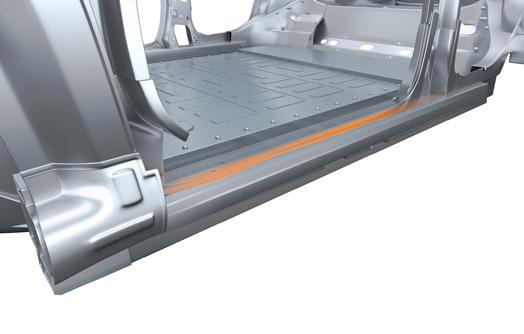
Improved safety and enhanced performance
Achieving structural integrity and effective thermal management for the battery pack contributes to both improved safety and enhanced performance.
BETAMATE™ structural adhesives help ensure battery pack structural integrity by demonstrating stiffness, durability, and crash performance. The adhesives are used to bond and seal battery pack enclosures and cooling plates and exhibit good adhesion to aluminum alloys and composites. BETAMATE™ delivers improved safety through stiffness, strength and crash durability that protects sensitive components including battery cells. Excellent corrosion resistance adds durability that enhances performance through long service life. In addition, the material also delivers process efficiencies that simplify the manufacturing process and shorten cycle times.
Thermal management is another important consideration with EV battery packs. The battery must operate within the optimum temperature window of 25°C during operation and below 60°C while charging. Operation outside this range can strain batteries. If it’s too cold, performance, efficiency, and range suffer. If it’s too hot, the battery deteriorates, resulting in shorter battery life and possible safety issues.
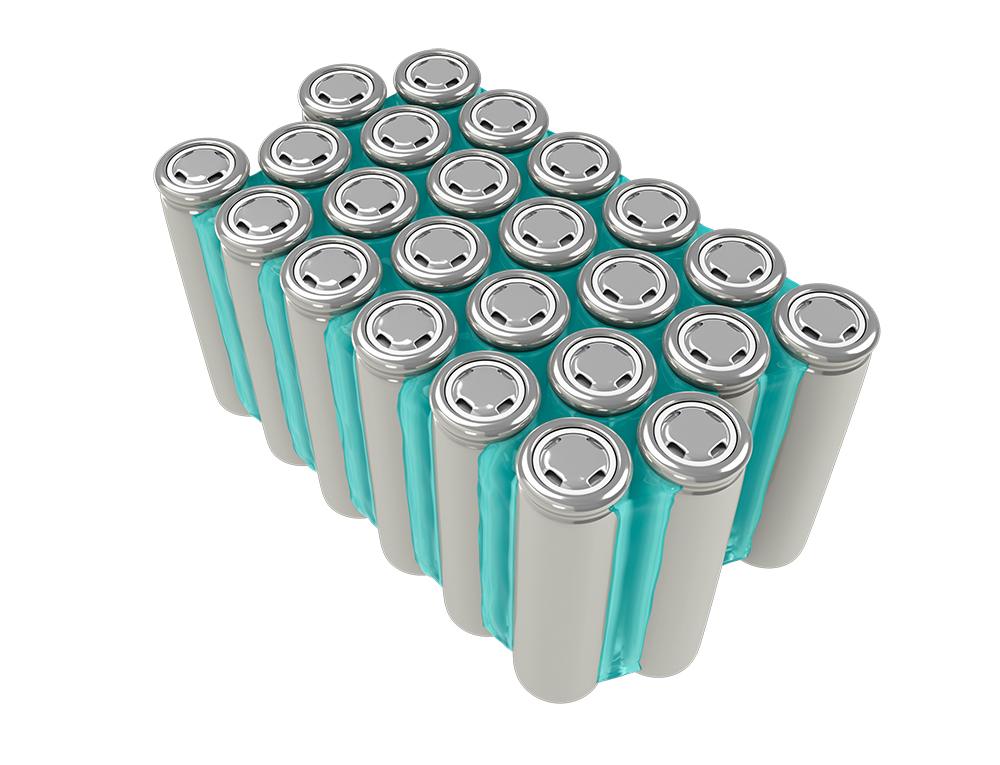
BETATECH™ provides a thermal conductive interface between the cooling plate and battery modules. The material helps control heat by maintaining thermal conductivity across a wide operating temperature range. It can be robotically applied for high volume applications and demonstrates low pullout force for ease of battery module repair, replacement, or recycling.
Ideally in battery assembly, a material is needed that provides both durability and thermal management. BETAFORCE™ TC thermal conductive adhesives create a durable bond between individual battery cells or modules while its thermal conductive attributes help draw heat from the battery to the cooling plate. It can be used for cell-to-cell, cell-to-plate, cell-to-pack, and ribbon-to-cell thermal bonding.
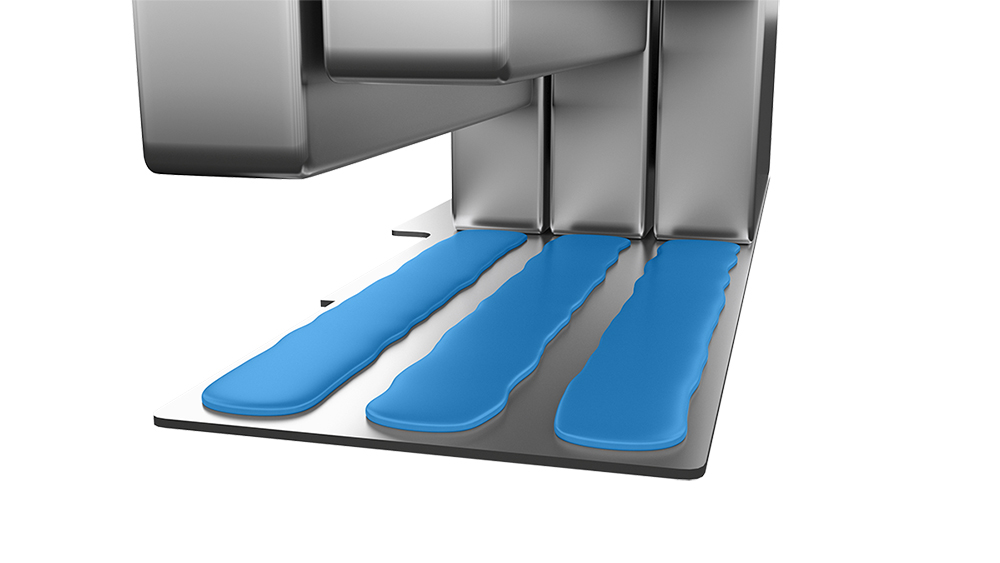
Faster charging and longer range
The length of time needed to recharge batteries along with “range anxiety” about the distance the vehicle can drive between charges, are among the primary concerns of EV owners and potential purchasers.
BETAFORCE™ TC 2800 thermal conductive adhesives support super-fast 150kW charging and deliver a range of more than 400 kilometers. Similarly, BETATECH™ thermal interface material helps enable efficient heat management, a critical factor in improving and increasing EV range. The thermal properties of both materials help the battery operate in the optimum window of 25°C during operation and below 60°C while charging and homogeneously manage the temperature between cells and their cooling units in cold and hot weather environments.
Optimized cost
The battery is the most expensive component of an electric vehicle. Specifying materials that can help optimize cost through parts consolidation, process improvements or weight reduction will be essential in helping to accelerate growth and adoption of EVs by cost-conscious consumers.
BETAMATE™ structural adhesives, BETAFORCE™ multi-material bonding adhesives and BETAFORCE™ TC thermal conductive adhesives all help across these important cost improvement parameters. Use of adhesives significantly reduces the number of components needed for battery assembly due to the reduction or elimination of mechanical fasteners. This also reduces weight and optimizes packaging space.
In addition, fast-cure formulations help reduce cycle times, robotic dispensing allows for process efficiencies and broad bake capabilities enable energy savings – all translating to cost optimization.
Centers of Excellence
Ultimately, our goal is to accelerate development and testing of new applications for electric vehicles. We have a long heritage of R&D and in-house capabilities and have further enhanced that by establishing dedicated Centers of Excellence dedicated to vehicle electrification. These world-class facilities – in North America, Europe, and Asia – assess reliability, performance, cost optimization, and time-to-market using a range of processing, prototyping, and testing expertise. Dedicated personnel and equipment address specific industry challenges.
Our global Centers of Excellence have capabilities that include:
- 3D modeling/rapid prototyping
- Electrical, mechanical, rheology, and thermal testing
- Formulation and testing equipment to facilitate a fast-paced development process
- The ability to expand small sample tests to module-scale testing (battery system level tests)
- Pilot mixers that enable quick sampling
Conclusion
Creating a battery that lasts the lifetime of the vehicle requires not only continuous advancements in battery technology but depends on the overall durability, reliability, efficiency, and safety of the pack. DuPont desires to collaborate with customers on their challenges – large and small. We are ready to support you from concept to commercialization and invite you to dEVelop with DuPont.
















































